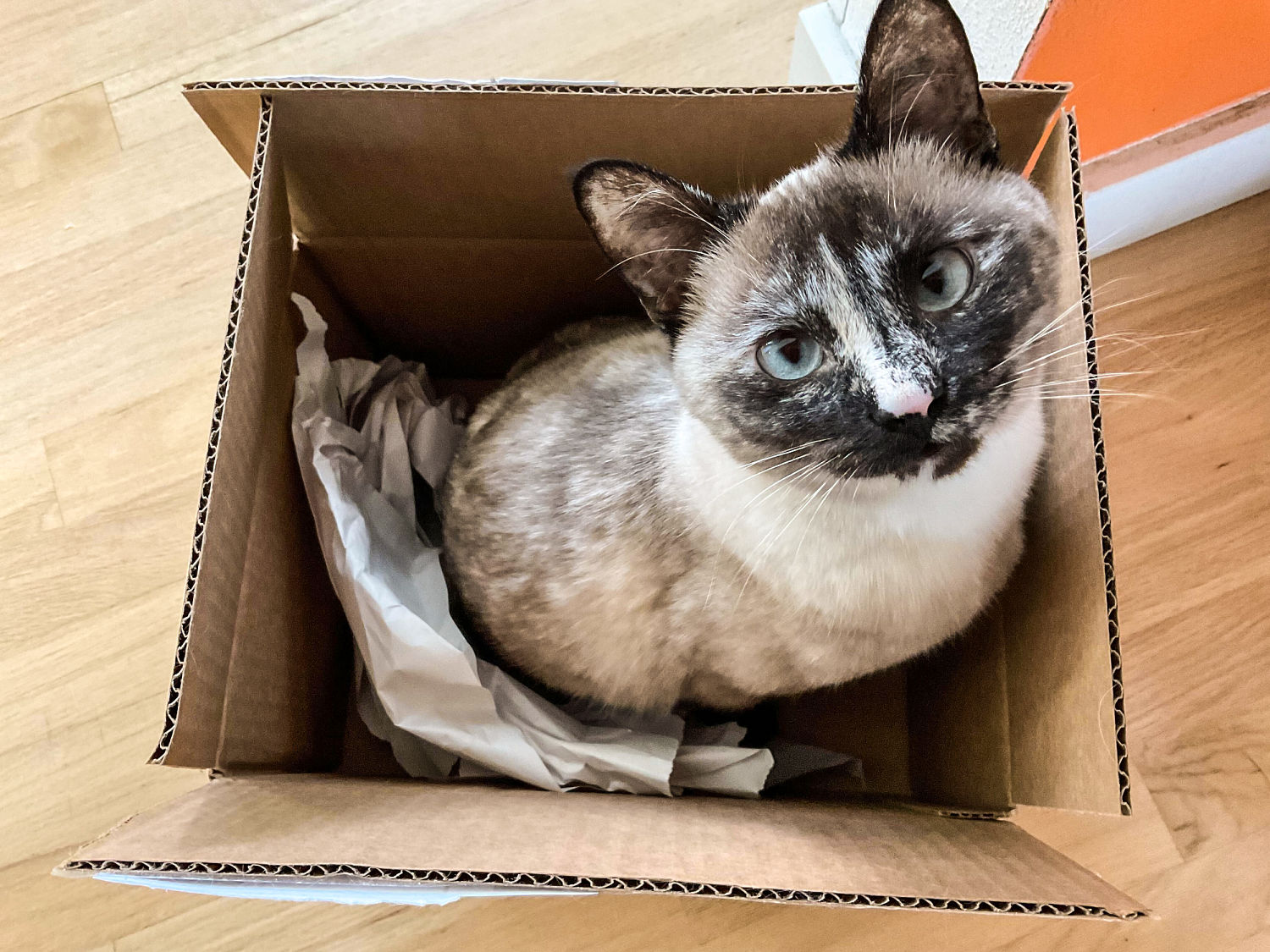Recent reports have highlighted a growing concern: bird flu, or avian influenza, is affecting domestic cats. Pet owners across the country are sharing their experiences, detailing the symptoms they observed in their feline companions after contracting the virus. According to official figures, at least 126 cats have tested positive for the H5N1 strain of the virus.
Symptoms reported by pet owners include lethargy, loss of appetite, respiratory distress, and neurological signs such as seizures. In some cases, the infection has been fatal.
Veterinary experts are urging cat owners to take preventative measures. One primary recommendation is to avoid feeding cats raw meat or unpasteurized milk. These products can potentially carry the virus and transmit it to pets. "The risk of contracting bird flu through contaminated food is real," explains Dr. Emily Carter, a veterinarian specializing in infectious diseases. "Properly cooking meat and avoiding raw dairy products significantly reduces the risk of infection."
While the risk to humans remains low, health officials are closely monitoring the situation. They advise pet owners to practice good hygiene, such as washing hands thoroughly after handling pets, especially if they show signs of illness. If you suspect your cat may have bird flu, contact your veterinarian immediately.
Bird Flu Cases Reported in Cats: What Pet Owners Need to Know

Concerns are rising as cases of bird flu, also known as avian influenza, are being reported in domestic cats. Pet owners are sharing their experiences, describing symptoms observed in their infected cats. Health officials report at least 126 confirmed cases in felines. Experts advise pet owners to avoid feeding their cats raw meat and unpasteurized milk to minimize the risk of infection.
Source: Read the original article at NBC